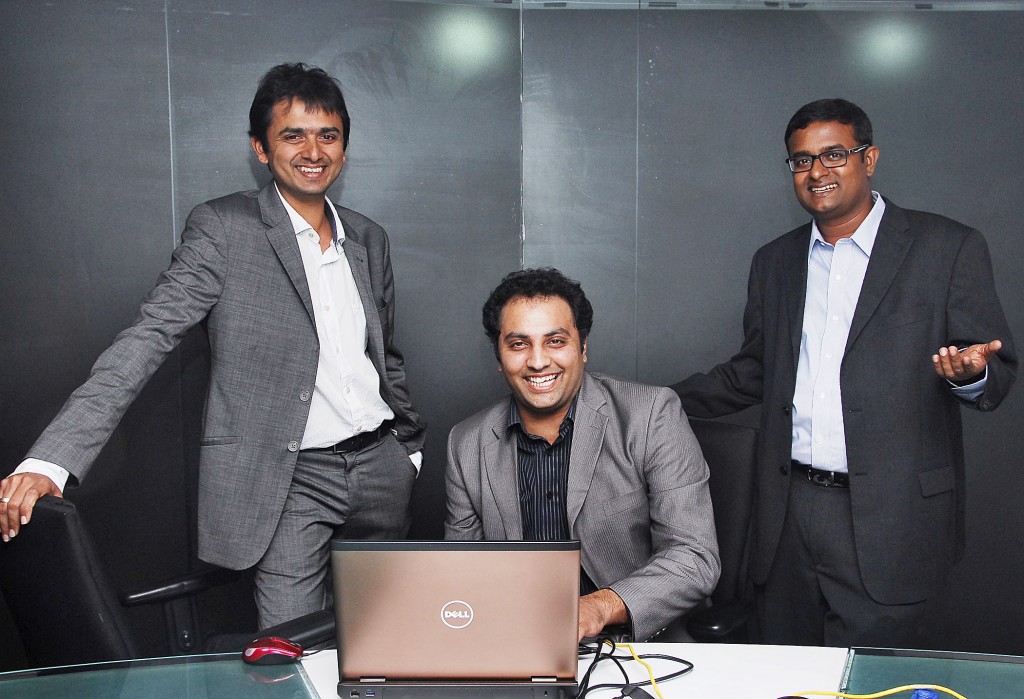How Fintellix Started
Anup Pai and Vivek Subramanyam come in with couple of decades of experience. Both of them did their engineering in Mechanical in NIT Karnataka. Anup worked in the BankTech space for over a decade and Vivek had gained experience in growing large IT businesses. They spotted an opportunity in Analytics in the BankTech space that they knew was real and big. They were sure that every bank in the world will need a product to unify data for the purposes of decision enablement and hence embarked on the journey.
The Market Need and the Competition
When iCreate (as Fintellix was known back then) first went to market, the first problem that the team set out to tackle was that of data acquisition. Banks had invested in a number of IT systems for transaction processing and Business Process Management. The data was silo’ed and hence the need for a “single source of truth”. This need was being served by the Systems Integrators who looked at the project from a technology point of view and not the view of “what does business want to do with the data”. Fintellix provided a data acquisition and management platform which ensured that project focus could be on business value of data.
Once the core technical challenge of “taming the data monster” was handled in the product, Fintellix invested on building business solutions for Compliance, Risk and Analytics on the platform as well as continuously investing in the core platform to keep it aligned with next generation technologies (SMAC). Fintellix now competes with the Global providers of Risk, Compliance and Analytics solutions to Banks.
The first few months
iCreate (as Fintellix was known when it was founded) followed the tried and tested model of bootstrapping the build of an Enterprise Product. Provide services to get the cash flow and the customer base and build the product based on the accruals. They were clear on servicing only the Banking space and refused other industry projects that came their way. Even in Banking technology, they did not do everything as it was too large a space. They offered their consulting and development services either on Core Banking systems or on Data warehousing in Banking. After a few months, they built some frameworks and offered accelerated services on pieces of the IP they were building. These became their key differentiators and got them key accounts.
Sales Outreach
Initial sales outreach was to the extended network of the founders using customized messages delivered through email and printed brochures.
First Customer Acquisition
Coincidentally, the first customer was also a start-up bank who understood the start-up challenges. The discussions started in a formal environment in the Bank’s Head Office in South Africa, but, soon became friendly. The deal was done over several beers in the evening.
The next few months
Initial customer engagements provided the inputs to build the product which resulted in one of the customers signing up for the beta installation (which is still operational in the originally deployed form even today). The initial market acceptance of a product in the tough to break in Banking Products world as well as a cash-flow positive and EBITDA positive business gave the team the platform to seek VC investment which started the growth trajectory.
Succeeding based on the Bank’s Decision Making Process
Unlike the deal making process which the team experienced during their start-up days, Banks typically buy software using a structured RFI/RFP process. This involves investment in brand development, evangelization, marketing and demand generation through sales, events, partnerships etc. The pre-sales process is very consultative and sometimes involves a Proof of Concept in complex installations to ensure project risks are understood by both parties prior to signing up.
Anup’s advice to early stage entrepreneurs
Choose to do something which you are passionate about and understand the customer pain point intimately. Build a product that solves the customer pain point comprehensively and in a differentiated manner. And for those entrepreneurs building something in the B2B space, stay close to your customers, make them your trusted advisor and become their trusted advisor.
Fintellix today
Fintellix has around 300 employees and 35 unique customers and has been funded by IDG Ventures and Sequoia Capital. Fintellix offers Compliance, Risk and Analytics solutions and platforms to Banks in Africa, Asia, India, Middle East and the US delivered both on-premises and on Cloud.






